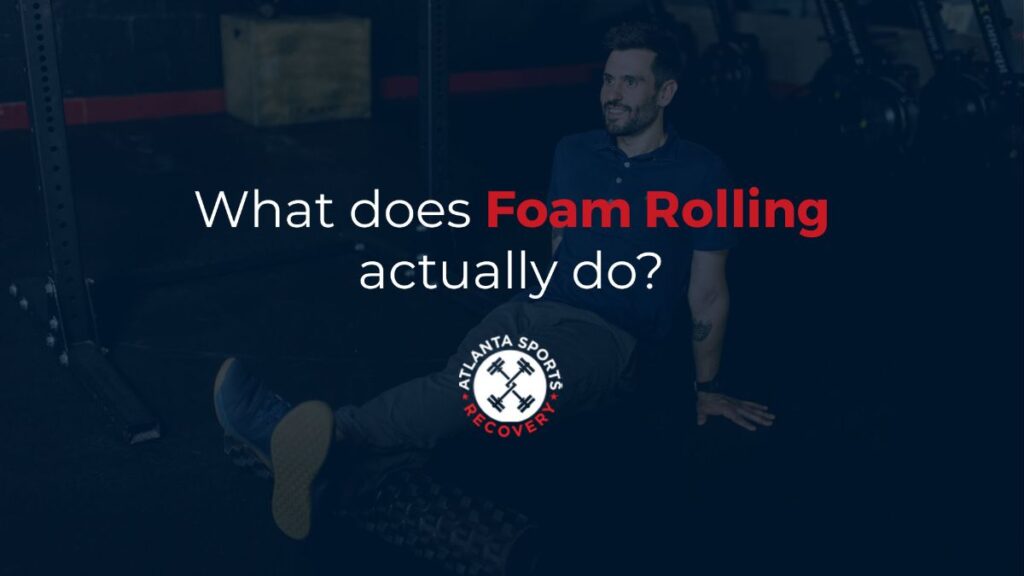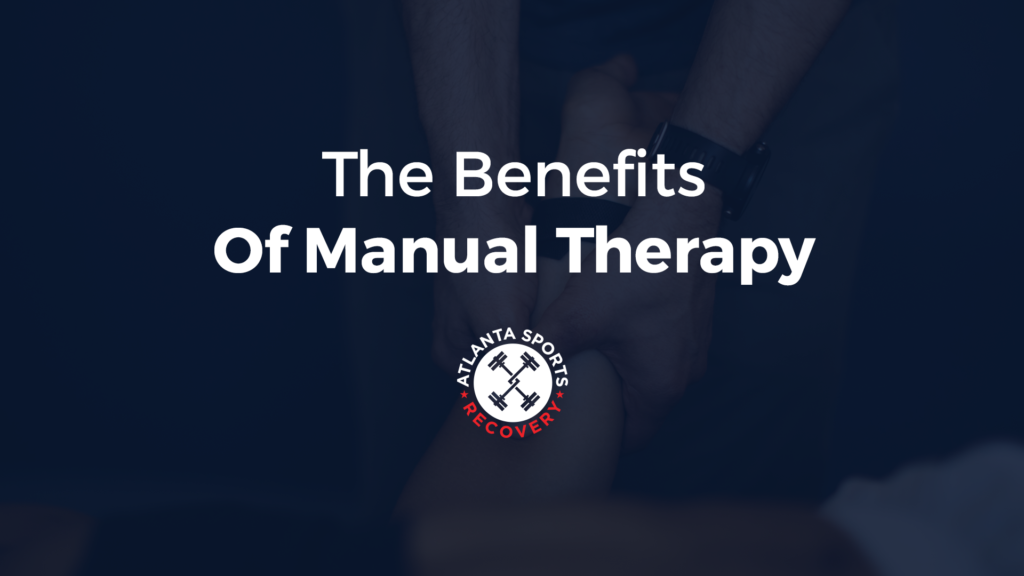My wife, Amy, is a cradle robber. She swooped down from heaven and plucked me out of the sea when she was 30 and I was 26. The four years in our age gap have produced fun, exciting idiosyncrasies, especially since I am an old millennial and she is a young Gen X’er. One of the most interesting moments was when she turned 40, and I was still in my mid-thirties. She started saying, “Watch out; things change when you hit 40” and “stuff hurts a lot more when you’re 40,” to which I always chalked up her being soft. Then I hit 39, and it was like the Titanic hitting an iceberg; I could see it coming and do nothing to stop it. But here’s the thing, I didn’t have to go down with the ship. I learned to adapt, and you can too.
As Amy mentioned, my joints started aching from doing things that never bothered me. It would take me five days to recover from staying late and having drinks with friends. Work stress started taking noticeable amount of energy away from workouts. It was much more challenging to gain strength from lifting, and to make it even more complicated, I started caring much less about competing with anyone else, which was a regular motivator. This is the reality of aging, and it’s crucial to adapt our workout routines to these changes.
So now that I am officially a master athlete, I figured it was a good time to share my ten things everyone over 40 should know about working out in their forties and beyond.
- Lean into your new perspective. The beauty of being older is that you are more comfortable with yourself, and the foolish ego-driven desires of the youth (like bench pressing 300 lbs, winning 5ks, being stronger than all the other girls your age, etc.) fade. Lean into that. As we age, the reason to work out is to move well, look good, be healthy, and have fun. If you hurt yourself doing something, it’s not worth it.
- Know your health biomarkers. Just because you workout doesn’t mean you are in good health. There are plenty of stories about world-class athletes having heart attacks, even though they are at an elite level of fitness. Get an EKG, know your fasting blood glucose and insulin, have a coronary artery calcium test, and know your visceral body fat. Ignoring these numbers just because you work out is foolishness reserved for younger people.
- Listen to your body. There is something called the RPE scale (rate of perceived exertion). As we age, we no longer recover as fast as we did in our younger years. Some days, 60% of your max weight lifted feels like 90%, which means you still need to recover, and you should modify your session accordingly. Using the RPE scale is a great way to help you modify according to how you feel.
- Get more massage and do more stretching. These two things go from optional to mandatory when you still train hard in your forties.
- Get those z’s. Sleep is where all our recovery happens. If we don’t sleep enough, we don’t recover and get set up for injuries. Imagine owning a Tesla and only charging the battery to 60% but asking it to drive you the distance it would at 100% charged. You’d never make it. That is precisely what happens when you don’t sleep enough and continue to train. Sleeping enough becomes even more critical as we age because it takes longer (i.e., more sleep time) to recover from things.
- You must keep lifting, but you don’t need to max out. Lifting is critical to developing musculoskeletal resilience and staving off diseases of aging like osteoporosis and sarcopenia, but pushing to your absolute limit can be counterproductive as the risk to your joints can be greater than the benefits. More reps, higher volume, and slower tempos (i.e., neuromuscular control) are a better option.
- Use your drink tickets wisely. If you have a wearable like a Garmin or Whoop, you probably already know how much drinking impacts your sleep and recovery, but if you don’t, you should get one and see for yourself. Alcohol destroys your recovery. If you are in the gym working hard, all the health benefits you are there for are paused or stopped when you drink. On the flip side, alcohol is a fun part of our social lives and provides some much-needed stress relief. So, as we get into our forties, use your drink tickets wisely. Knock off drinks at least 2 hours before bed, and more than two should be reserved for celebrating big life moments and holidays.
- Do you get enough aerobic work to prevent heart disease? While high-intensity work is essential, it does not develop a healthy heart. Zone 2 heart rate work (aerobic work) for 45-60′ at least twice weekly is critical as we age to our longevity and health as athletes and people who like to work. When your joints feel like crap or work stress has got you concerned, opt for a low-impact ride, slow run, or empty sled push/pull kind of session.
- Getting enough protein is not an option. When you are young, you are driven by hormones. Whether it’s insulin or growth hormone, our bodies don’t need diet as much to produce these critical functions. Once our body stops selecting for reproduction, our body becomes dependent on high-quality protein and exercise. “When you hit your forties, anabolic resistance, skeletal muscle atrophy, and insulin resistance really kick-off, meaning that the muscle becomes less efficient at utilizing protein,” Dr. Gabrille Lyon says in her book Forever Young. Lyons continues, “The way you overcome this fact is to increase the amount of protein you eat. Thirty grams of protein per meal is the bare minimum requirement.”
- Make sure you enjoy it! Whether you join a group fitness gym, ride or run for social, accountability, and shared suffering, or go on long solo efforts for the headspace, make sure you enjoy what you do. Time is our most precious resource, and what’s the point of working out to extend how much of it you have if you hate what you are doing?
Written by Coach Johnny B (MS, LMT, CFL3)



